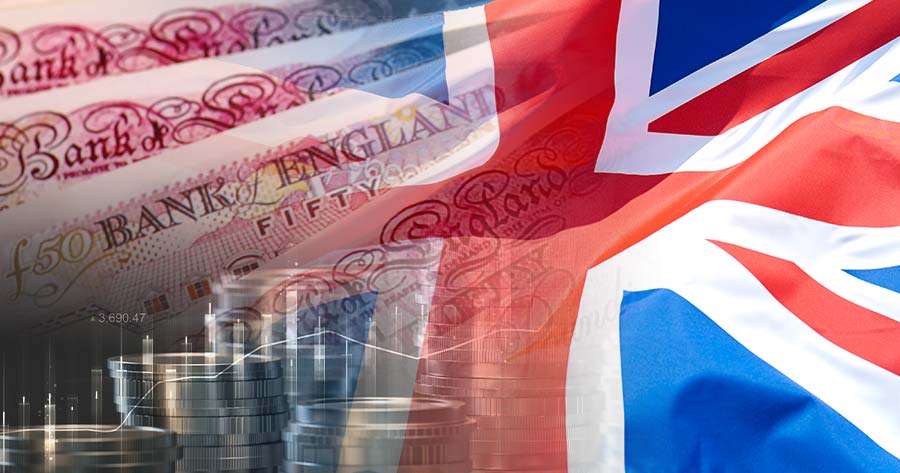As reported by the Office for National Statistics (ONS), the U.K.’s consumer price index (CPI) unexpectedly fell to 2.5% in December, diverging from the steady 2.6% anticipated by economists in November.
This development is set to influence the Bank of England’s upcoming meeting on February 6, where the central bank is likely to reduce the key interest rate from 4.75% to 4.5%, despite ongoing inflationary concerns such as robust wage growth and economic uncertainty in Britain.
The U.K. economy is currently experiencing sluggish growth, exacerbated by both internal challenges, such as fiscal pressures and economic issues faced by the Labour government, and external threats like potential trade tariffs under President-elect Donald Trump.
Businesses are apprehensive about tax increases announced last fall, which are scheduled to take effect in April, fearing they will restrict investment, hiring, and growth. Compounding these challenges are borrowing costs and a weakening currency, which complicate Finance Minister Rachel Reeves’s efforts to balance the budget.
Reeves is committed to maintaining self-imposed fiscal rules, ensuring government day-to-day expenditures are covered by revenues and that debt trends downward. However, she might need to reconsider these constraints, weighing options such as doing nothing, increasing taxes even further, or cutting public spending—contradicting Labour’s stance against austerity.
Last weekend, Reeves reiterated the non-negotiable nature of the fiscal rules outlined in the budget, emphasizing the importance of economic stability for growth and prosperity.
Meanwhile, Ben Zaranko, from the Institute for Fiscal Studies, remarked on the difficult choices Reeves faces, attributing them to both global economic factors and government decisions.





